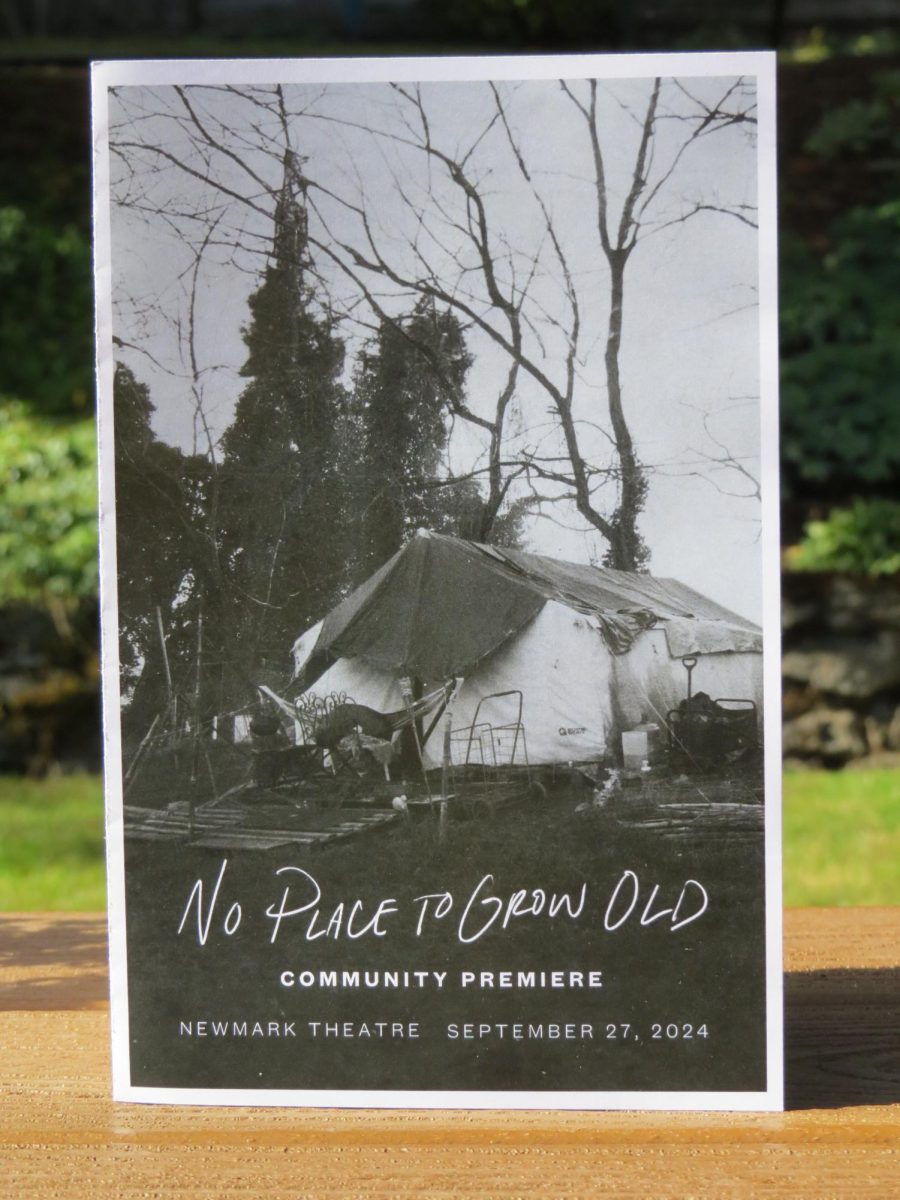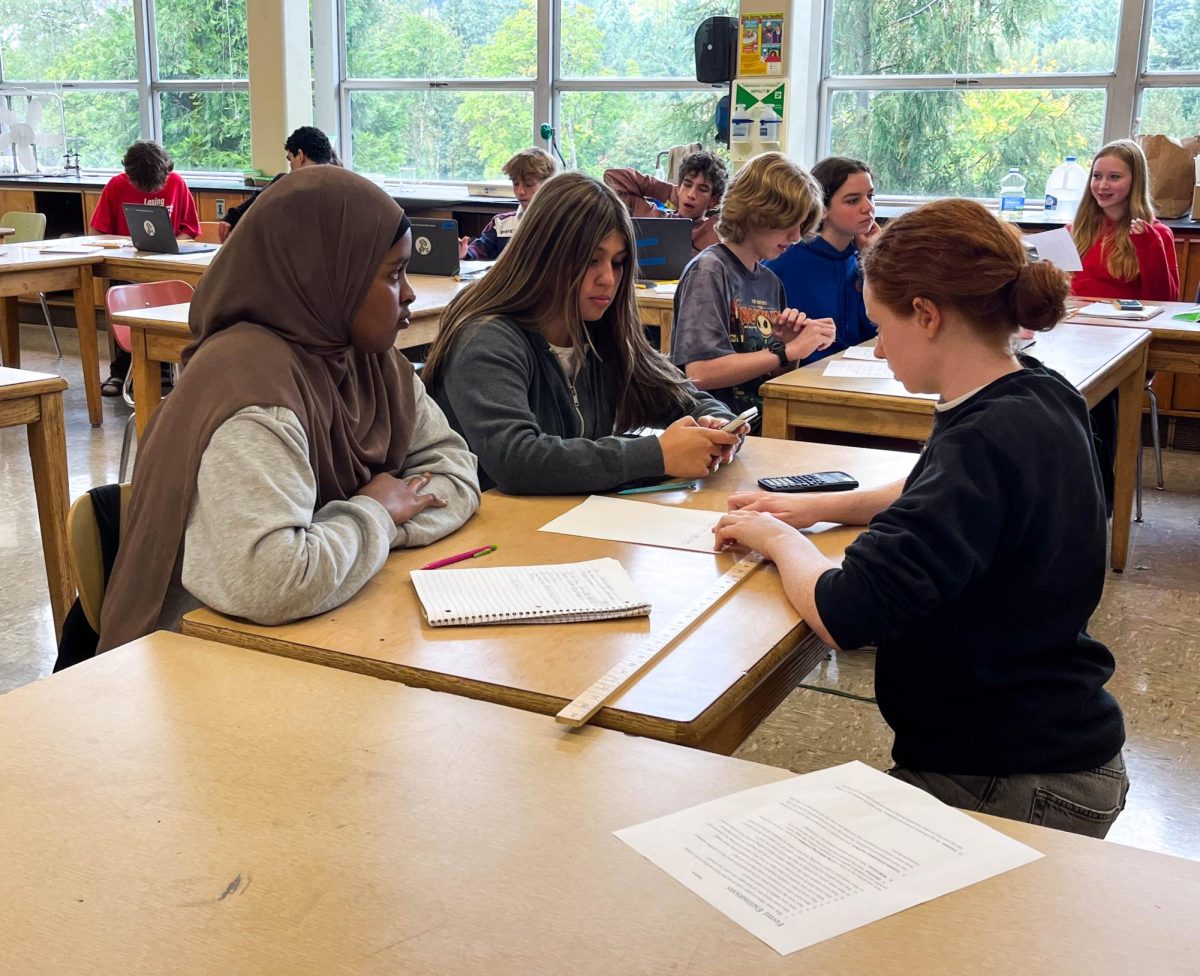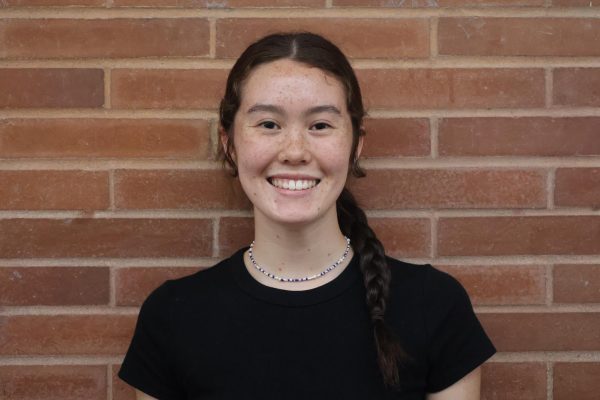People aged 50 or older are the fastest-growing group of people experiencing homelessness in the United States, according to the National Alliance to End Homelessness.
In 2023, the National Alliance to End Homelessness estimates 138,098 people over 55 are unhoused on a given night. This is 20% of the overall homelessness population. Their numbers are estimated to triple by 2030.
“We have dehumanized this population of people. We only see them for the problems they cause,” said Michael Larson, Executive Director of the nonprofit Humans for Housing (H4H), at the community premiere of the film No Place to Grow Old at the Newmark Theatre in Portland, OR. “Tonight is when things change, and it starts with storytelling.”
No Place to Grow Old, directed by Davey Schaupp and produced by H4H, whose initiative is to end chronic homelessness in Oregon, is a documentary that powerfully explores the rising crisis of senior homelessness in Portland and the nation. The documentary discusses the personal stories of a generation aging into homelessness and the systemic challenges they face.
“These are the stories behind the statistics,” said Larson.
In the film, viewers meet Portlanders Herbert Olive, Bronwyn Carver and Jerry Vermillion. All were experiencing being unhoused or were unhoused at some point in their lives.
Herbert Olive is 72 years old, born in Jackson, Mississippi, and raised in Portland. Olive was a carpenter and has a passion for old muscle cars. He grew up without a father and learned to rely on himself. As a kid, people would find him doing anything to earn an extra dollar, earning the nickname “Hustlin’ Herb.”
Leading the career of a successful carpenter, Olive completely remodeled his house. However, he lost this house to a predatory Wells Fargo loan. In his hardship and grief, Olive fell into a drug addiction. In November, he will be seven years clean.
Now as housing costs increase, Olive continues to work to afford basic needs. “I like to work, you know, it gives me life, but it’s hard to keep a job at my age. It really is,” said Olive. Although Olive still works, he lives a family-centered life. “[My kids] give me life,” he said.
His son describes him as “gentle.”
Bronwyn Carver is 60 years old and moved to Portland in her late 30s. Carver is a published poet and is passionate about books.
Carver became unhoused in 2016 for over eight years after her rent doubled and she lost her husband. “It is overwhelming to try to find housing on your own,” said Carver. “Nobody wants to grow old in general, definitely nobody wants to grow old homeless.”
In the film, Carver expresses the need for everyone to understand that unhoused people are simply people leading intricate and complex lives, like you. “I have a backstory. I am someone. I’m someone’s daughter. I’m someone’s wife. I’m someone’s mom. I’m someone’s sister. Just because I was homeless, didn’t erase any of that.”
Carver also wrote an original poem for the film. In the last line, she said, “Always we are dreaming.”
Jerry Vermillion is 60 years old. Originally from Philadelphia, he moved to Portland around a decade ago. He has been a computer programmer for most of his career, is an avid reader and has a great sense of humor. Growing up, Vermillion lived in an unstable home. He found his love for books by using them as his escape in his childhood.
Vermillion was introduced to the audience by telling a joke about a talking frog in his pocket. The Newmark Theatre was filled with laughter.
Although Vermillion is noticed for his humor, his thoughtfulness is another striking characteristic. “I don’t think anyone’s really gotten a handle on how to explain to the housed people why we are out here and what the plight is,” he said. “This is a county that should be judged by the conditions of its most vulnerable citizens. If that is who this society is being judged we are not doing well,” said John Tapogna, the President Emeritus at ECOnorthwest.
“The ultimate expression of the housing crisis is the expanding number of older adults who are homeless,” said Dr. Jennifer Molinsky, director of the Housing an Aging Society program at Harvard University.
Following the film, viewers listened in on a panel conversation of local experts. The panelists included Schaupp and Tapogna, as well as: Kaia Sand, Executive Director of Street Roots; Mercedes Elizalde, Director of Advocacy at Latino Network; Dr. Marisa Zapata, director of the Homelessness Research and Action Collaborative at Portland State University; and Laura Golino de Lovato, Executive Director of the Northwest Pilot Project.
From prevention strategies to systemic challenges, the panelists discussed many of the ideas presented in No Place to Grow Old.
They first touched on recognizing the successes in the past years. “As much as we are talking about problems, thousands of people are being housed. Tens of thousands of people are avoiding homelessness through eviction prevention, and it’s happening every single day,” said Elizalde. However, improvement and progress must continue. “There are [still] a couple of more things that we are in desperate need of that I don’t think we are activating. One thing is we absolutely need more housing units and we are not being fast at that in any way,” said Zapata.
“Speaking of rent assistance [from the Supportive Housing Services measure], we need more of that to complement acquisition of motels, acquisition of buildings, construction, but we need to have access to it and get it out the door because that is the most upstream eviction prevention strategy,” said Golino de Lovato.
There are also many systemic obstacles that unhoused people face. “They think we are out here just because we are stupid, or we are drug addicts or whatever. There’s a lot more to it than that,” said Vermillion.
“Our system is not built to serve everybody. It is built to try and differentiate who is deserving and who is not deserving,” said Elizalde. “Now that you have these stories and you know that kind of differentiation simply is not true, you can stop that conversation and say, ‘This is not about who is deserving or who is not deserving. This is about having a system that works for our community to keep everyone healthy.’”
Along with this, local governments have been slow to take action and it is difficult for people to access services. “There is so much red tape, all the way up to the federal level,” said Sand. “We need to make it easier.”
Sand asks the community to “embrace the risk” and “embrace” when government and entities take rapid action.“I think we often get caught [up] — we try something and then people tear it down, and then we have leaders that get fearful, and they are cautious — it’s really, really hard to watch that when we also know that the average age of people dying on the streets is 49-years-old,” said Sand. “Those two things, that caution and over-process next to that fact, it’s so, so painful. So I ask all of you: let’s keep seeing things through.”
Erica Ollar, social worker and attendee of the community premiere of No Place to Grow Old presented the question: “What is my personal responsibility?” For her, that means voting and always being mindful. “Even in my conversations with people I live around, people I’m friends with, every day we see, witness or encounter homelessness in Portland and I don’t want to be passive,” said Ollar. “I want to always be engaged, never numb to what’s going on.”
Zapata and Elizalde agree that voting and democratic participation are some of the most effective tools. “Vote, here, for people who put housing first as the solution to homelessness,” said Zapata. “Stay informed,” said Elizald. “80 percent of democracy is just showing up.”
Human connection through storytelling is possibly our greatest tool. “When it comes to advocacy, you can only advocate when you see people as humans that are both beautiful and complex and story helps us get there,” said Schuapp. “Imagine the stories behind the faces.”
“We are all humans. We all experience the same emotions. It [stories] reminds me that we are the same,” said Ollar. “There is a lot to admire when we are given the opportunity to hear their stories.”
To learn more about H4H and future screenings of No Place to Grow Old, visit https://www.humansforhousing.org/.









